Armed gangs, prison breaks and on-air hostages: how Ecuador was plunged into crisis
Gangs launch deadly revenge after president declares state of emergency following escape of feared drug boss from prison
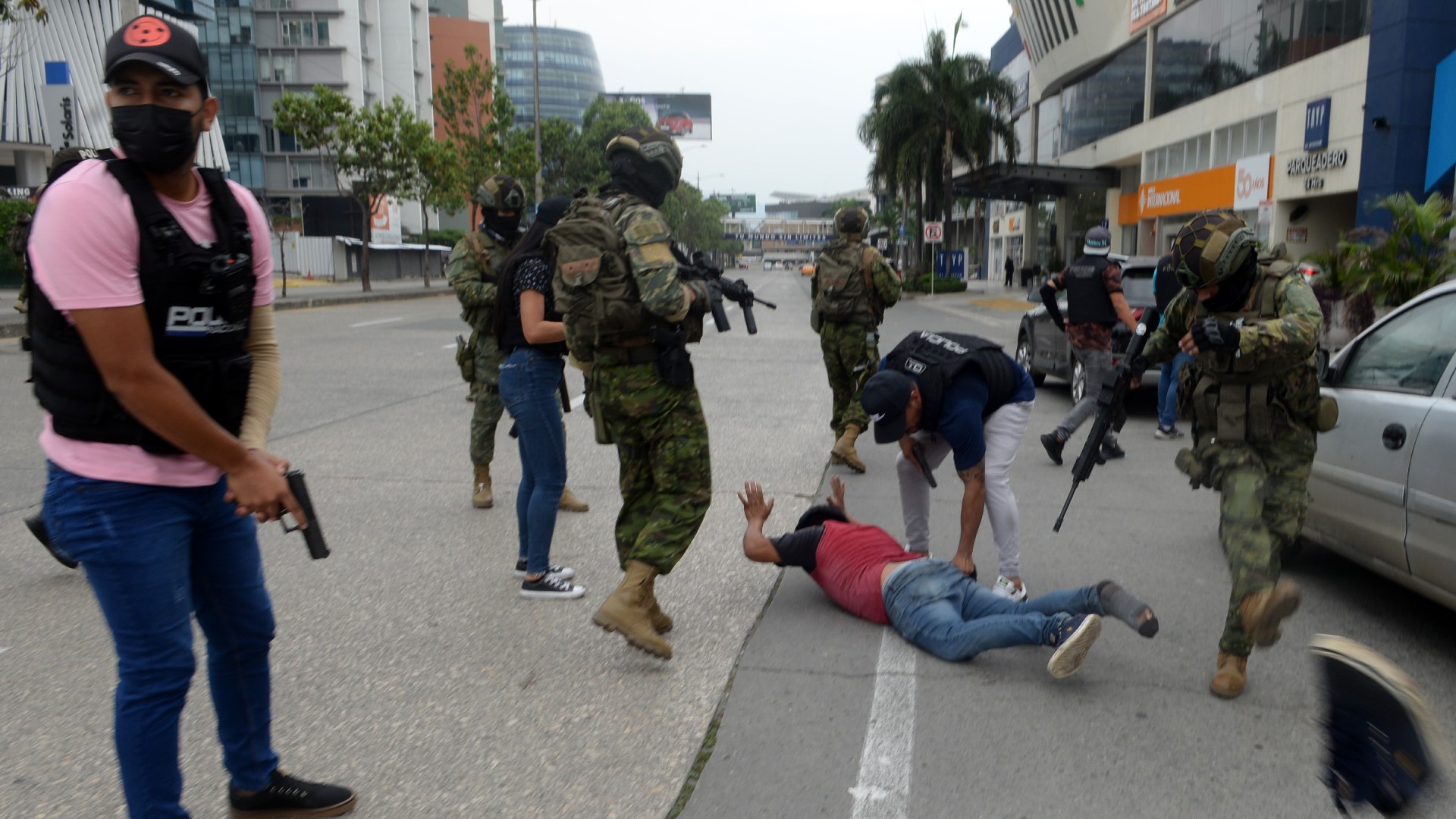
Ecuador's gangs have unleashed violent war on the government, after the president declared a state of emergency following the escape of the country's most notorious drug trafficker from jail.
Hooded gunmen carrying grenades and dynamite burst into a public TV station yesterday in Guayaquil, the country's economic capital, and forced employees to the floor during a live news broadcast. A woman was heard pleading, "Don't shoot, please don't shoot!", before the signal cut out after 15 minutes.
A cameraman was reportedly shot in the leg, and another's arm was broken, during the attack, following which 13 gunmen were arrested.
Subscribe to The Week
Escape your echo chamber. Get the facts behind the news, plus analysis from multiple perspectives.

Sign up for The Week's Free Newsletters
From our morning news briefing to a weekly Good News Newsletter, get the best of The Week delivered directly to your inbox.
From our morning news briefing to a weekly Good News Newsletter, get the best of The Week delivered directly to your inbox.
The attack is part of a wave of violence that broke out after new President Daniel Noboa declared a two-month state of emergency, following the disappearance of gang lord José Adolfo Macías Villamar from prison.
At least 10 people have been killed in what "appears to represent a declaration of war on the country’s fragile democratic institutions", said The Guardian's First Edition newsletter. Thousands of authorities are still hunting the feared gang boss, while explosions have been reported all over the nation.
Noboa, Ecuador's youngest-ever elected leader, said the country is in a state of "internal armed conflict", which as Sky Newsnoted, allows authorities to "suspend citizens' rights and send the military into prisons".
"Facing an unprecedented test, the president must rise to the challenge or step aside," wrote the editorial board of one of Ecuador’s biggest newspapers, La Hora.
A free daily email with the biggest news stories of the day – and the best features from TheWeek.com
What happened?
Adolfo Macías, better known as Fito, disappeared on Sunday from low-security La Regional prison in the coastal city of Guayaquil. The leader of Los Choneros, one of the country's most powerful gangs, with links to Mexico's feared Sinaloa cartel, he was serving a prison sentence of 34 years, and previously escaped for a few weeks in 2013.
The 44-year-old was scheduled to be transferred to a maximum security prison, but was discovered missing from his cell. Prosecutors have filed charges against two guards as part of their investigation, Sky News reported.
Noboa declared a two-month state of emergency and nationwide curfew, a measure that was widely used by his "beleaguered predecessor" to confront the country's rising violence, said CNN – "to little success", noted Al Jazeera.
The response from the gangs was "unambiguous", Dan Collyns, a Peru-based journalist, told The Guardian. Riots broke out in at least six prisons, with inmates seizing dozens of guards as hostages.
One guard was videoed reading out a message at gunpoint. "You declared war, you will get war," he said. "You declared a state of emergency. We declare police, civilians and soldiers to be the spoils of war."
The gangs are now "collectively fighting the Ecuadorian state", Collyns said.
One of the gunmen at the TV station reportedly said the break-in was the result of people "messing with the mafia".
"Everything has collapsed," the head of news for TC Televisión told The Associated Press. "All I know is that it's time to leave this country, and go very far away."
What is the background?
Ecuador is "living a real nightmare", former president Rafael Correa said in a video shared on X. The situation was "the result of the systematic destruction of the rule of law, of the errors of hatred accumulated over the last seven years", he claimed.
Violence in the "once relatively peaceful" Andean nation has skyrocketed, said the Financial Times, as rival gangs battle for control of the drug trafficking networks. Since 2018, Ecuador's murder rate has increased eightfold, and is among the highest in the region.
The violence "reached new highs" with the assassination of the presidential candidate Fernando Villavicencio last year, said Sky News. Villavicencio, a vocal critic of the gangs, was killed in Quito in the run-up to the August election, days after he said he had received death threats from Fito and Los Choneros.
Noboa won the run-off vote with promises to stem the violence. The former businessman "vowed to retake control of the prisons, which have become both gang headquarters and recruiting centres", said The New York Times.
Last month he pledged to imitate El Salvador's president, Nayib Bukele, and construct two maximum security prisons inspired by the country's notorious CECOT – the biggest jail in the Americas. Since 2022, Bukele has held the Central American nation in an extended state of emergency and thrown large swathes of the male population into prison. The controversial crackdown has sent his approval rating soaring.
But Ecuador's government has blamed the recent surge in prison violence on the president's plan to imitate him, said Al Jazeera.
Harriet Marsden is a writer for The Week, mostly covering UK and global news and politics. Before joining the site, she was a freelance journalist for seven years, specialising in social affairs, gender equality and culture. She worked for The Guardian, The Times and The Independent, and regularly contributed articles to The Sunday Times, The Telegraph, The New Statesman, Tortoise Media and Metro, as well as appearing on BBC Radio London, Times Radio and “Woman’s Hour”. She has a master’s in international journalism from City University, London, and was awarded the "journalist-at-large" fellowship by the Local Trust charity in 2021.
-
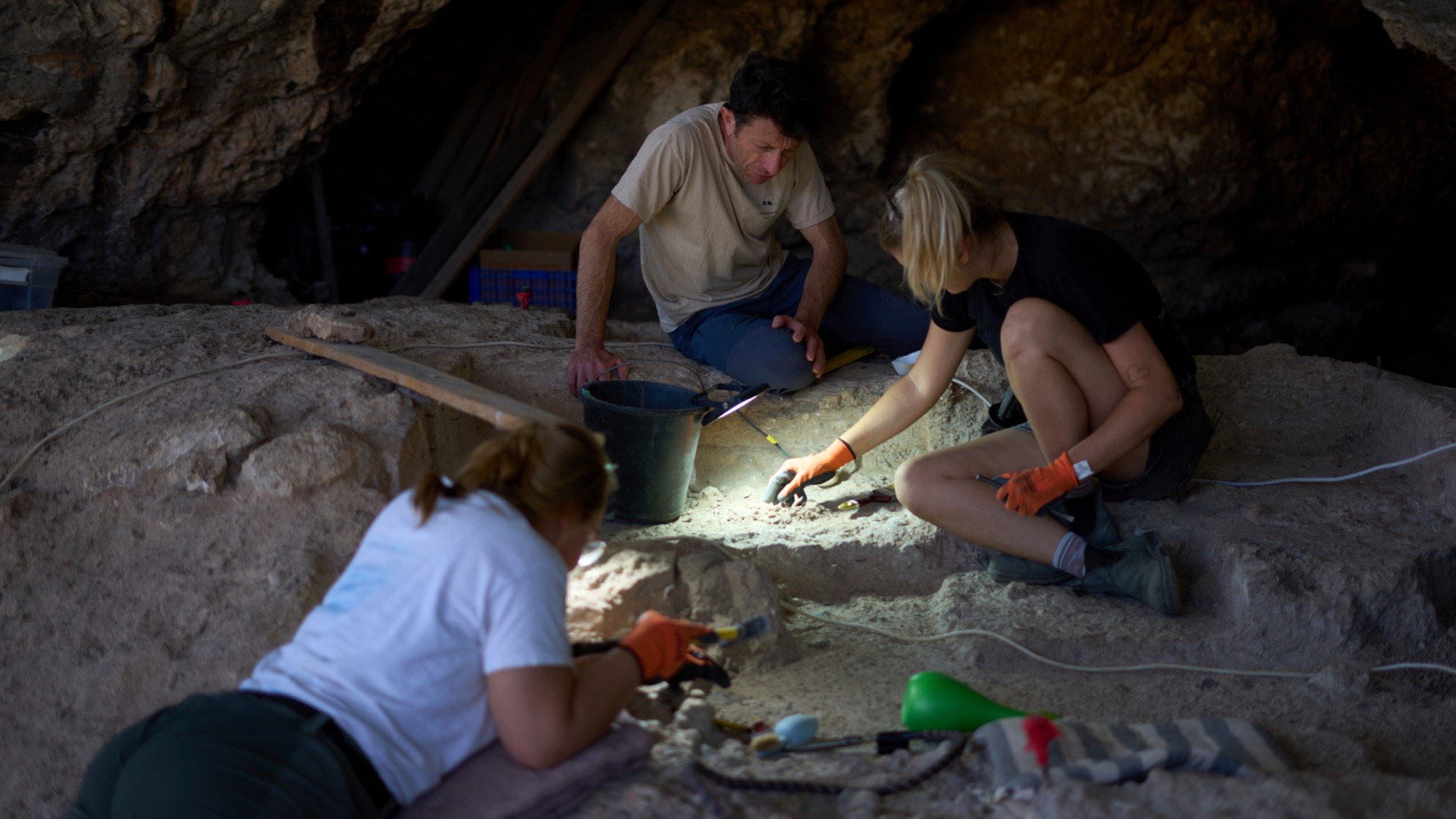 An ancient Israeli cave teaches new archaeological lessons
An ancient Israeli cave teaches new archaeological lessonsThe Explainer The cave is believed to be one of the world's oldest burial sites
-
 How China uses 'dark fleets' to circumvent trade sanctions
How China uses 'dark fleets' to circumvent trade sanctionsThe Explainer The fleets are used to smuggle goods like oil and fish
-
 The countries that have recognized Palestinian statehood
The countries that have recognized Palestinian statehoodThe Explainer The United Kingdom has become the latest country to weigh in on the issue
-
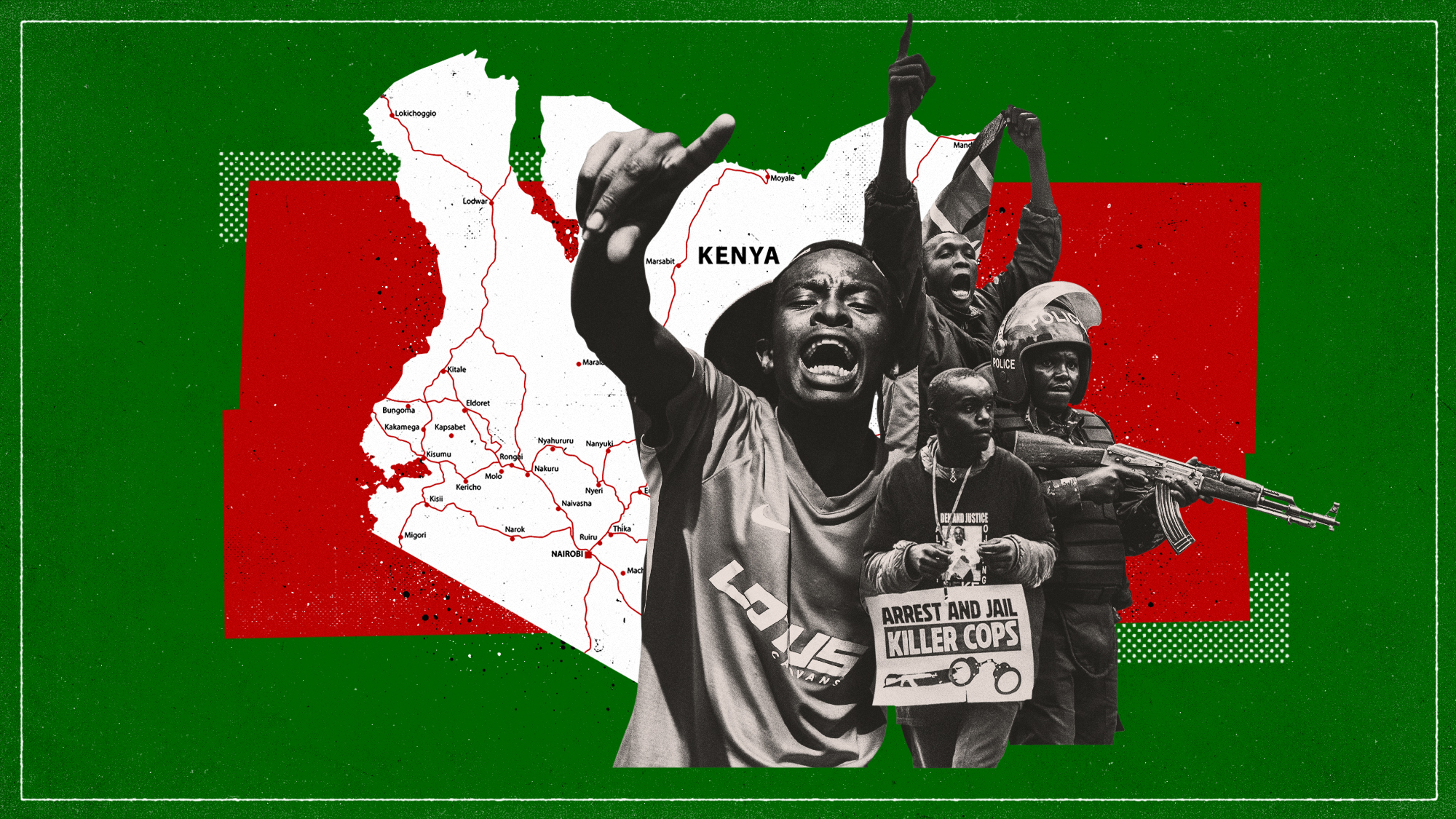 One year after mass protests, why are Kenyans taking to the streets again?
One year after mass protests, why are Kenyans taking to the streets again?today's big question More than 60 protesters died during demonstrations in 2024
-
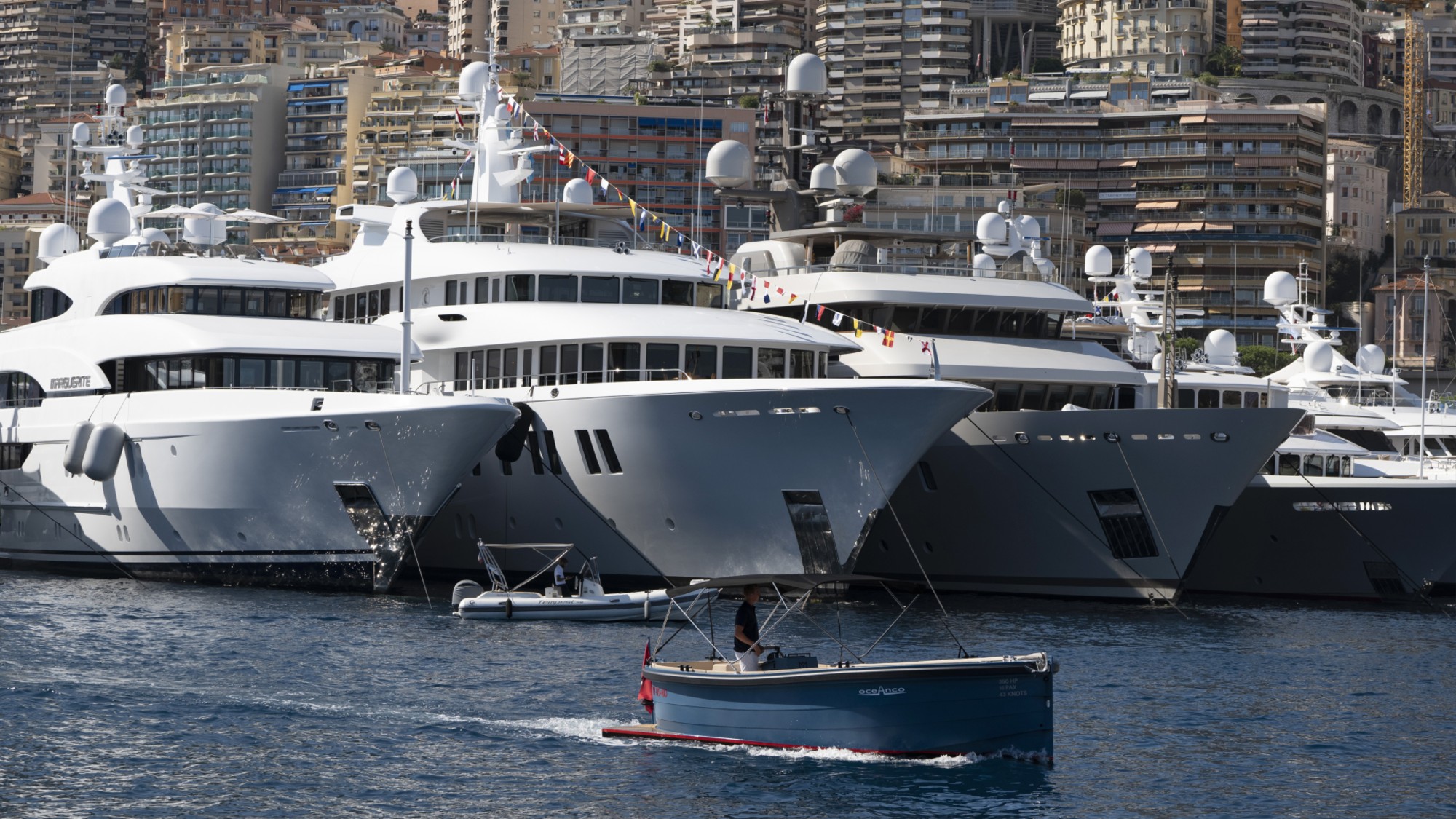 Superyachts are getting caught up in spy scandals
Superyachts are getting caught up in spy scandalsThe Explainer China and Russia have both been accused of spying maneuvers on the open sea
-
 Uruguay shaken by 'phantom cow' scam
Uruguay shaken by 'phantom cow' scamUnder the Radar Cattle seen as a safe investment in beef-mad nation – but the cows, and people's life savings, are nowhere to be found
-
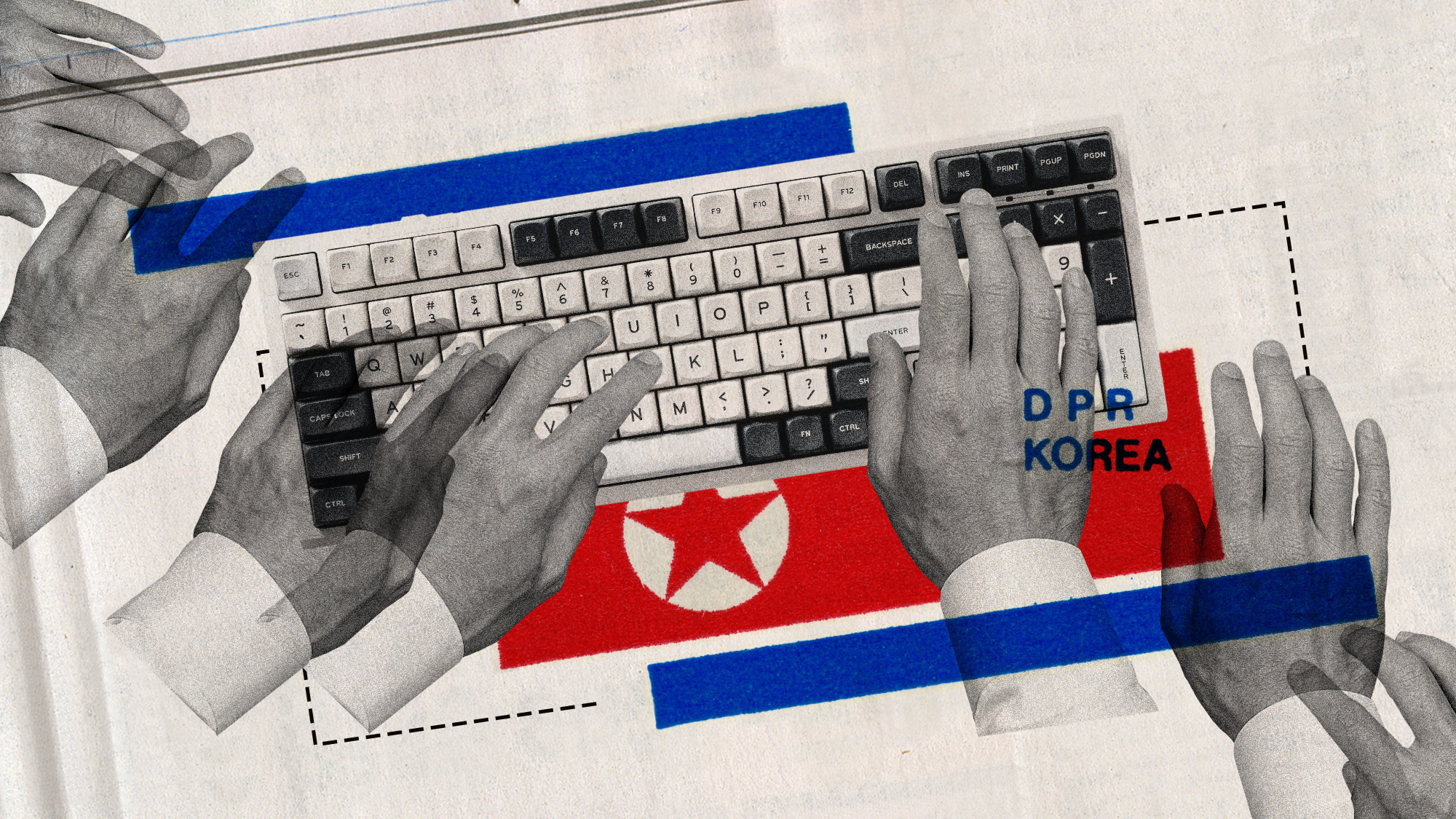 North Korea's army of fake IT workers
North Korea's army of fake IT workersThe Explainer Using AI and stolen information to craft false identities, they are becoming an 'increasing menace' to top tech companies in the US and UK
-
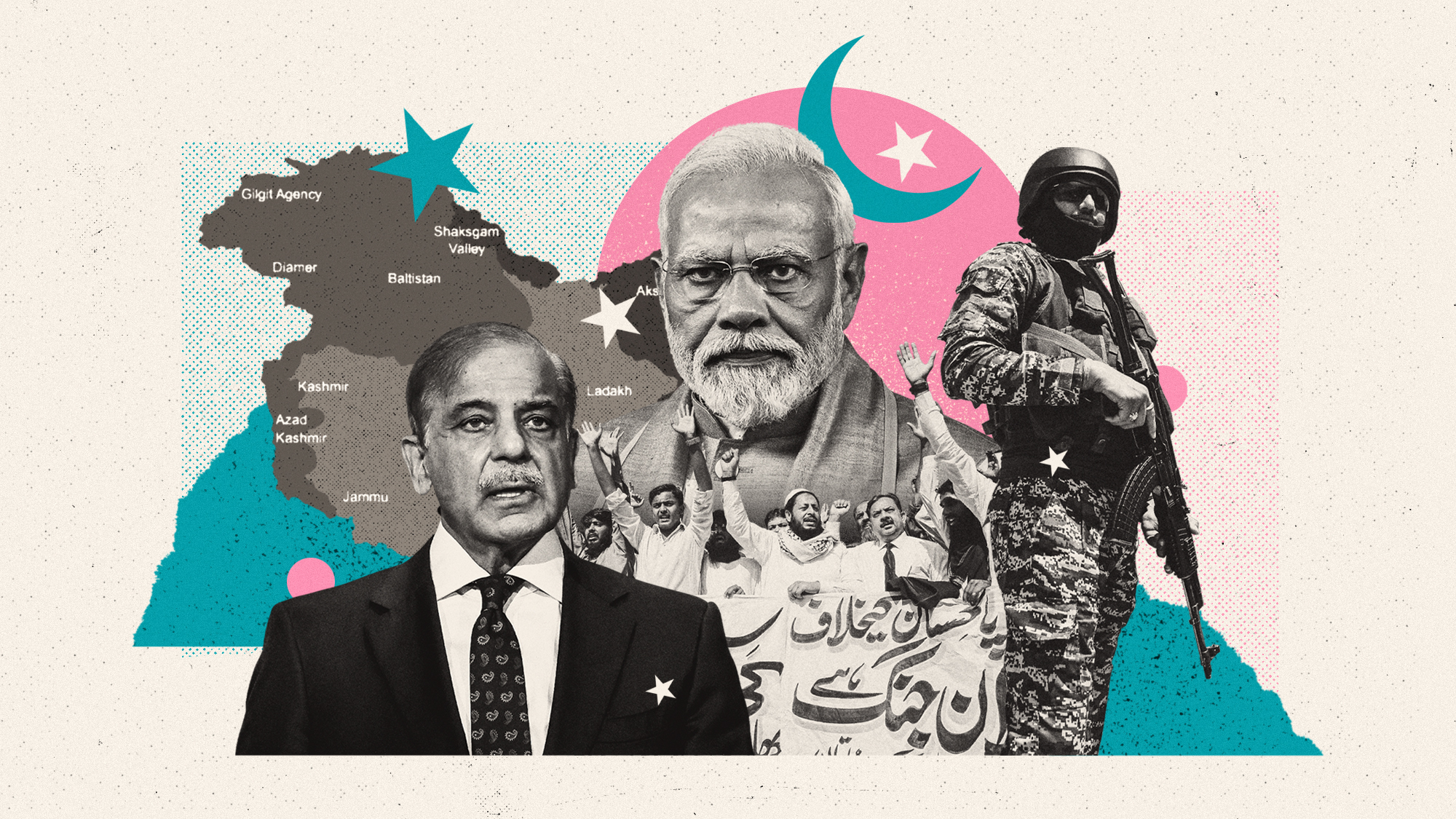 What happens if tensions between India and Pakistan boil over?
What happens if tensions between India and Pakistan boil over?TODAY'S BIG QUESTION As the two nuclear-armed neighbors rattle their sabers in the wake of a terrorist attack on the contested Kashmir region, experts worry that the worst might be yet to come


